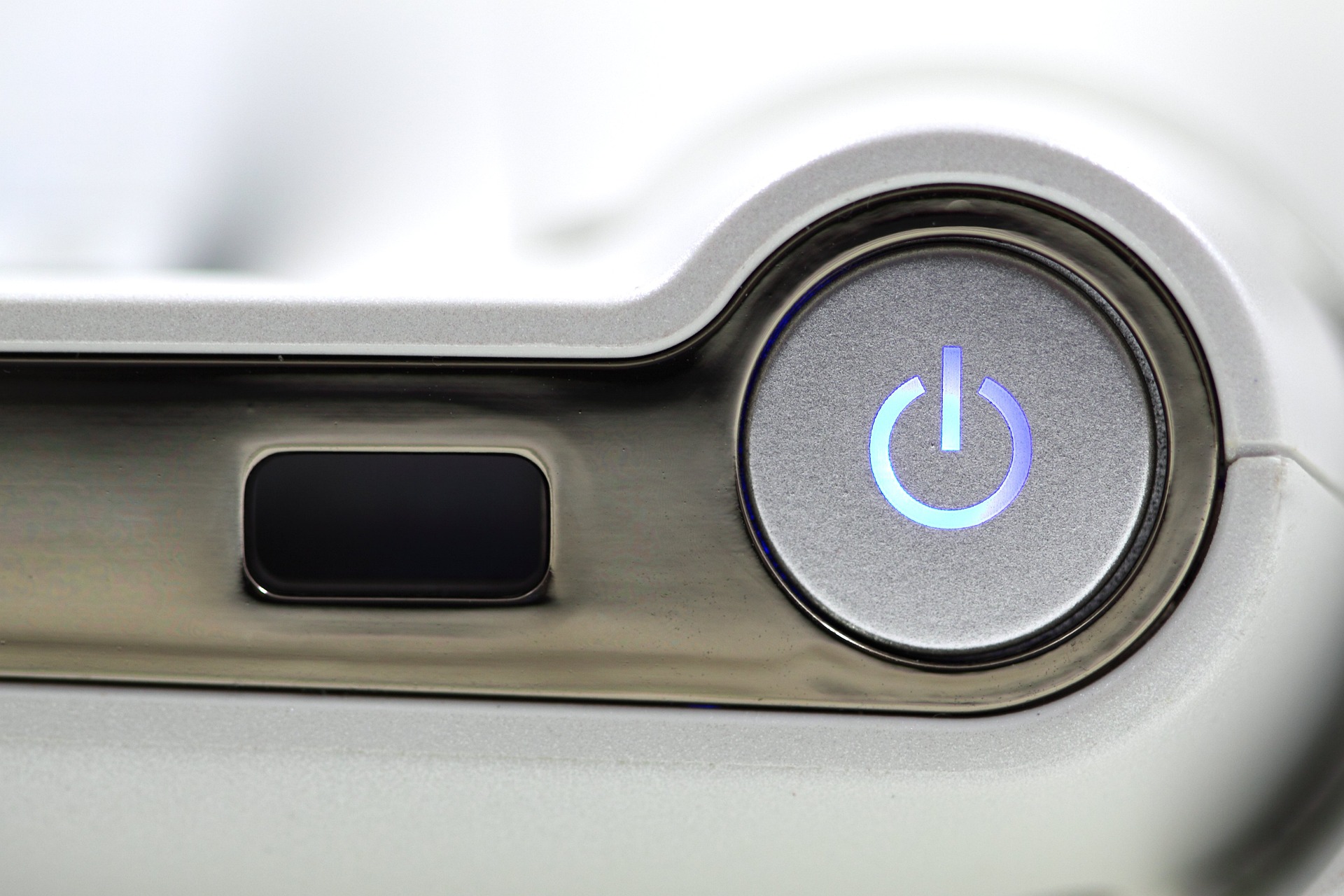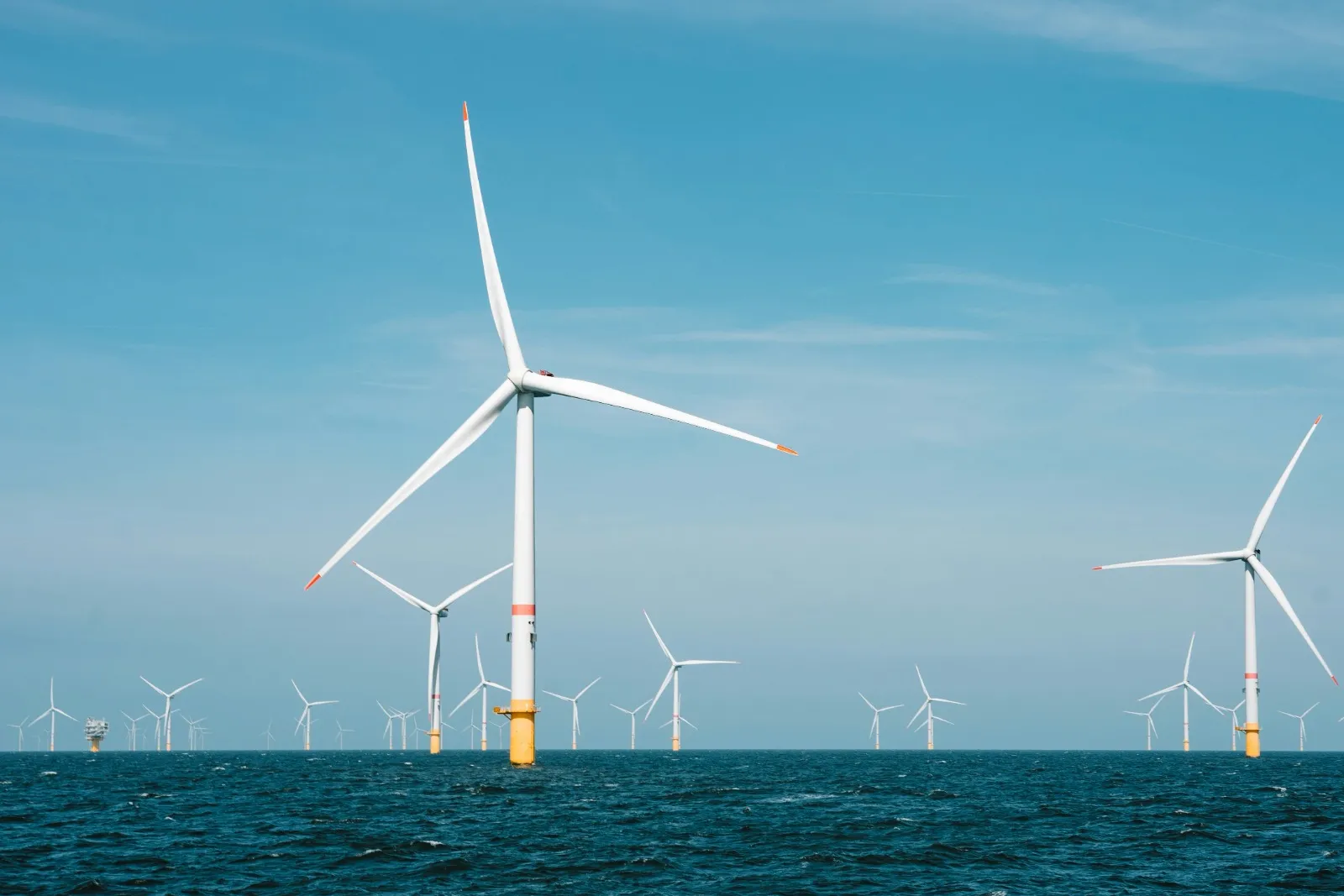DFS: Less about sofas and more about smart grids

By Catherine Hunter, Account Director, Energy and Industrials team Aspectus Group
This winter has seen a new service deployed by National Grid – the demand flexibility service (DFS). This is a new solution that encourages consumers to shift their behaviour towards matching the current demand on the grid. This could be saving up the washing till tomorrow, or simply delaying the start time till 3am and having fresh laundry for when you wake up. The way the service currently runs, is to encourage users to reduce output in pre-agreed time windows.
The service was set up to allow National Grid to manage periods of high demand on the grid – and largely when supply was lower. So, the typical, still, cold winter evening is when DFS is expected to be deployed. This is because, renewable output is lower with no solar or wind supply the grid. But also because we look to turn up the heating and oven as we return home from work and some industrial plants are still operating. This would suggest 4 till 6 in a cold evening is the most likely time this service will be needed. But really this service demonstrates a glimpse into our smart grid future.
DFS to date
The service was introduced in winter 2022/2023 following a successful trial with Octopus Energy on whether consumers will change their behaviour. There are, however, a number of factors at play to be involved with the current DFS operations.
This service is open to as many participants as possible who meet the following requirements:
- All assets would require half-hourly (HH) metering.
- All assets must be able to respond for a minimum of 30 minutes.
- 1 MW min unit size/100 MW max unit size.
- Providers need to be able to respond to an instruction for day-ahead delivery.
- Providers must provide relevant HH metering and baselining data to demonstrate delivery of demand reduction.
And so largely, if you have a smart meter and a supplier that has signed up, you can be involved in the current DFS service – today about 1 million customers are signed up. But this is a move that is going to continue to grow as we build a smart grid.
Where from here?
DFS proves that households are able to tweak their energy usage habits – without compromising on living standards – although delaying a toddler’s teatime might be a risk too far! As more renewables come onto the grid, we are in a unique position where we might not only be encouraged to reduce use at certain times, we might be encouraged to increase use energy at times of high supply.
This creates a future where certain choices around energy consumption, could be determined by the weather or the needs of the grid, rather than our usual routine.
Communicating this change
And while DFS and other smart grid, flexibility services are exciting to those in the industry. There’s a risk that consumers don’t react well to such innovations. Fears they’re sitting in the cold and dark to keep the grid online can only grow as more knowledge about this service becomes known. We currently have a million, engaged households involved with DFS but we could grow this service to include EV charging and more households. But we want them enthused by the prospect of turning down their usage, rather than resenting the change and being turned off net zero.
At Aspectus, we are a specialist energy communications agency so can support with messaging, online content, and brand awareness for such changes. Get in touch if you’d like to know more.

